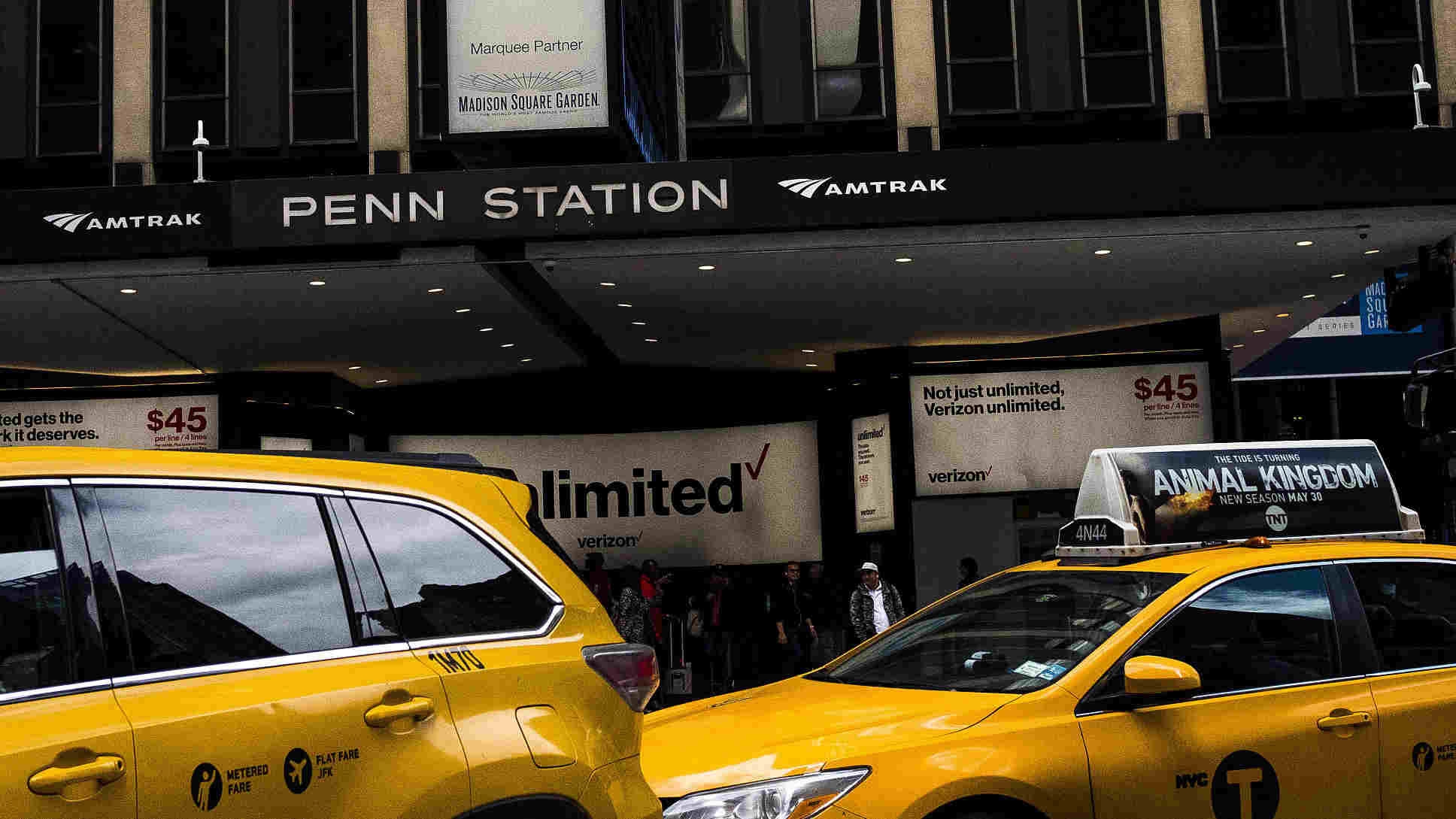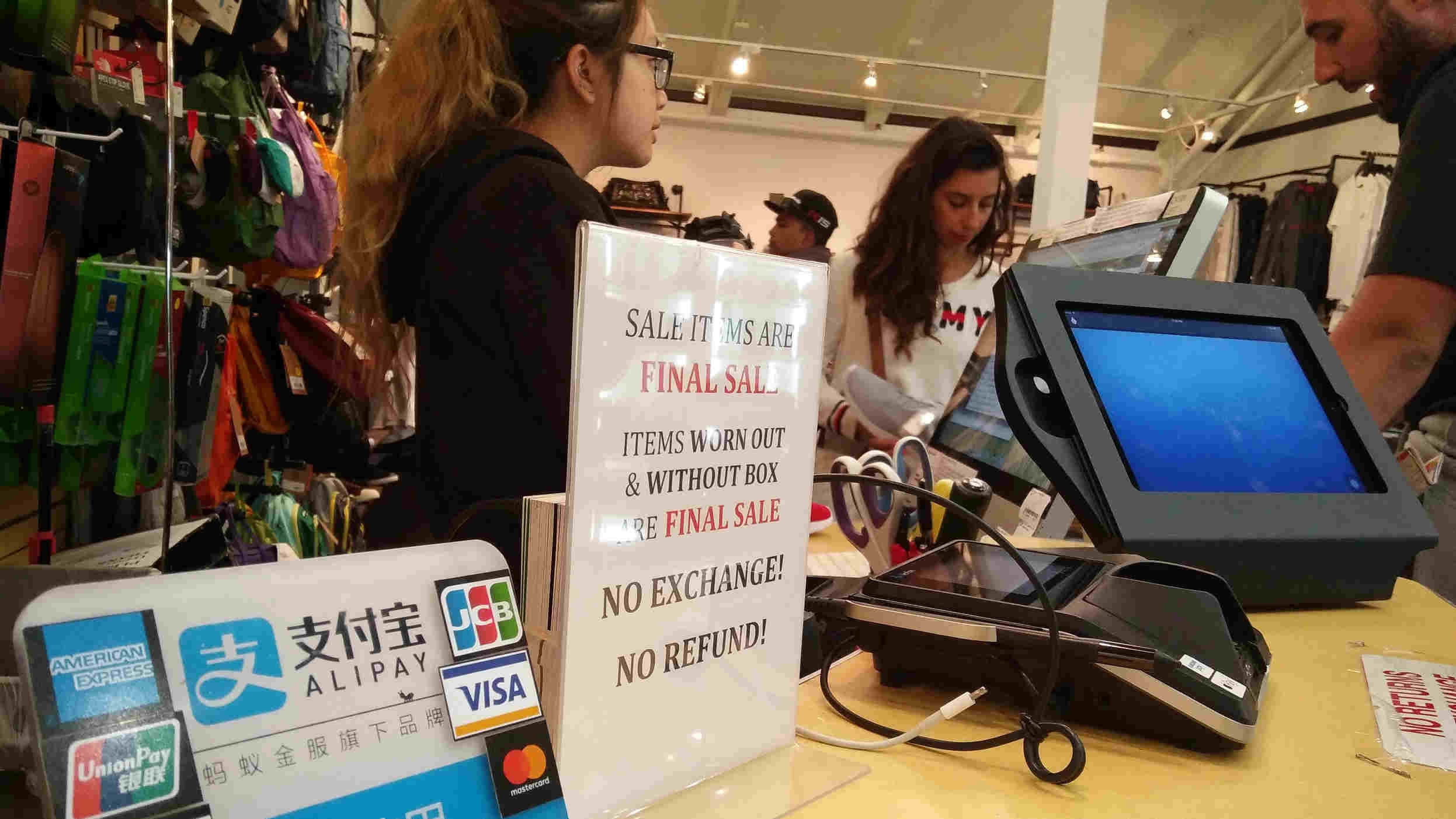
Business
17:06, 07-Nov-2017
Alipay enables taxi payment in the US
By Karina Huber

In the United States, credit and debit cards are still the favored form of payment but Chinese mobile payment applications have nevertheless set their sights on entering the market.
More than 950,000 Chinese tourists visited New York City last year, and one of their favorite activities there – shopping – has become a lot easier after China’s Alipay, a mobile payment platform, recently struck a deal with payments processor First Data to become available in the US.
Roughly four million merchants across the country now accept the form of payment.
“From the perspective of a US merchant, there's a lot of upside to having that mobile payment because, hey, if you're able to sell more and sell more in a frictionless fashion, that's a good thing for your business,” said equity analyst Scott Kessler.
Alipay can be used to pay for hotels, luxury goods and now taxis. As of November, roughly 14,000 yellow cabs – two thirds of the fleet in New York also accept the payment. The majority of taxis in Las Vegas also take Alipay.

VCG Photo
VCG Photo
Jason Gross, Head of Mobile with Verifone Taxi Systems, said taxis can be a great place to try out the convenience of mobile payment, as the first thing for many people getting out of the airport is to hop in a cab.
Just like how it’s done in China, taxi passengers the US can finish their payments by scanning a QR code with their Alipay app.
Alipay's entrance into the world's number one consumer market is part of its global strategy. The service is being used almost exclusively by Chinese visitors.
But if the company plans to gain widespread adoption among US consumers, analysts warn it could face an uphill battle.
“There are so many established brands and businesses centered on and focused on the mobile payments area that it's one of the reasons why it's going to be that much more difficult for a Chinese company really make a significant impact,” said Kessler.
With the number of Chinese tourists to the US expected to balloon to 6.5 million annually by 2020, catering to them could be reason enough to invest in America.

SITEMAP
Copyright © 2018 CGTN. Beijing ICP prepared NO.16065310-3
Copyright © 2018 CGTN. Beijing ICP prepared NO.16065310-3